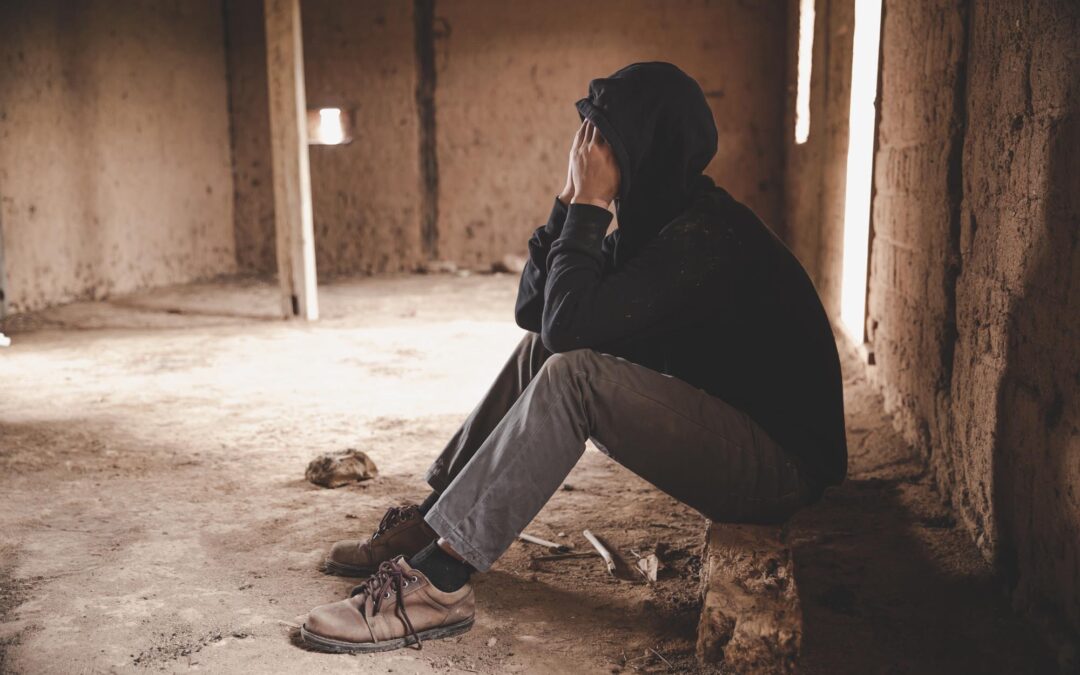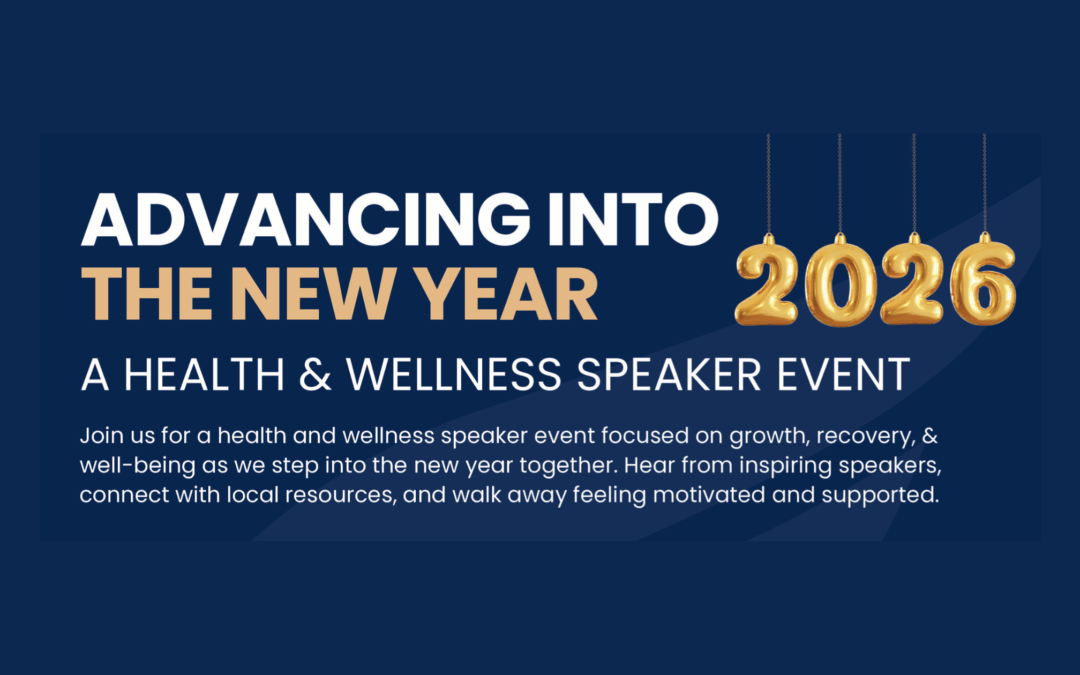Spring Forward
The transition from winter to spring brings longer days and warmer weather, but for those in recovery from substance abuse, it also brings the challenge of adjusting to Daylight Saving Time (DST). This annual shift can significantly impact sleep patterns, which are often already disrupted in individuals recovering from addiction. In this article, we’ll explore how DST affects sleep and recovery, provide tips for managing these changes, and suggest ways to improve sleep quality to support a healthier recovery journey.
The Impact of Daylight Saving Time on Recovery
As we “spring forward,” the clocks are set one hour ahead, which can disrupt our body’s internal clock or circadian rhythm. This change can be particularly challenging for those in recovery from substance abuse, as maintaining regular sleep patterns is crucial for managing stress, reducing cravings, and improving overall mental health.
During recovery, the body is working to restore its natural balance, including sleep cycles disrupted by substance use. The sudden change in time can exacerbate feelings of fatigue, moodiness, and disorientation—symptoms that can be triggers for relapse. Understanding the impact of DST and preparing for its challenges is crucial for those navigating the recovery process.
Adjusting Sleep Patterns in Addiction Recovery
To minimize the effects of DST on sleep patterns, it’s important to adopt a consistent sleep routine. Here are some tips for individuals in recovery to adjust their sleep schedules:
- Gradual Adjustment: Begin adjusting your sleep schedule a few days before the DST change. Go to bed and wake up 15-20 minutes earlier each day to gradually align your body’s clock with the new time.
- Light Exposure: Expose yourself to natural sunlight as soon as you wake up. Sunlight helps reset your internal clock and improve your mood and alertness.
- Limit Caffeine and Alcohol: These substances can disrupt sleep quality. Limit their intake, especially in the hours leading up to bedtime.
- Create a Relaxing Bedtime Routine: Engage in calming activities such as reading, meditating, or taking a warm bath before bed. Avoid screens, as the blue light can interfere with your ability to fall asleep.
- Comfortable Sleep Environment: Ensure your bedroom is conducive to sleep—dark, cool, and quiet. Invest in comfortable bedding and consider using blackout curtains or a white noise machine if needed.
Sleep Patterns and Their Role in Addiction Recovery
Quality sleep is a cornerstone of effective recovery from substance abuse. It aids in the healing and rebalancing of the brain, helps regulate mood, and reduces the risk of relapse. Unfortunately, individuals recovering from addiction often struggle with sleep disorders like insomnia or disrupted sleep patterns.
Addressing these sleep issues is an integral part of the recovery process. It involves establishing a regular sleep-wake cycle, creating a conducive sleep environment, and possibly seeking professional help if sleep disorders persist. Tools like cognitive-behavioral therapy (CBT) for insomnia have been shown to be particularly effective for individuals in recovery.
For a deeper dive into the relationship between sleep patterns and recovery from substance abuse, check out the NIH.
Tips for Better Sleep and Successful Recovery
Improving sleep quality goes beyond adjusting to DST. Here are additional tips to enhance sleep and support recovery from substance abuse:
- Physical Activity: Regular exercise can help regulate your sleep patterns and reduce anxiety. However, avoid intense workouts close to bedtime as they may keep you awake.
- Mindfulness and Relaxation Techniques: Practices like yoga, meditation, and deep breathing can reduce stress and promote better sleep.
- Healthy Eating Habits: A balanced diet supports overall health, including sleep quality. Avoid heavy meals right before bed.
- Seek Professional Help: If sleep problems persist, consider seeking help from a healthcare provider or a sleep specialist. They can offer tailored advice and treatment options, including therapy and medication.
For more tips on improving sleep and supporting recovery, visit SAMHSA.
The shift into Daylight Saving Time introduces specific obstacles for those on the path of recovery from substance abuse, especially concerning the regulation of sleep patterns. Nevertheless, by acknowledging the effects of DST, methodically modifying sleep schedules, and embracing constructive sleep practices, individuals in the process of recovery can effectively manage this transition. By doing so, they safeguard their progress and uphold the continuity of their journey towards healing and well-being.
If you’re navigating the challenges of recovery and find the transition to Daylight Saving Time impacting your sleep and well-being, remember, you don’t have to face this alone. Our team at Advanced Addiction Center is here to support you with personalized strategies and resources tailored to your recovery journey. Don’t hesitate to reach out. Visit our Contact Us page today, and take the next step towards maintaining your progress and achieving lasting recovery. We’re here to help, every step of the way.








